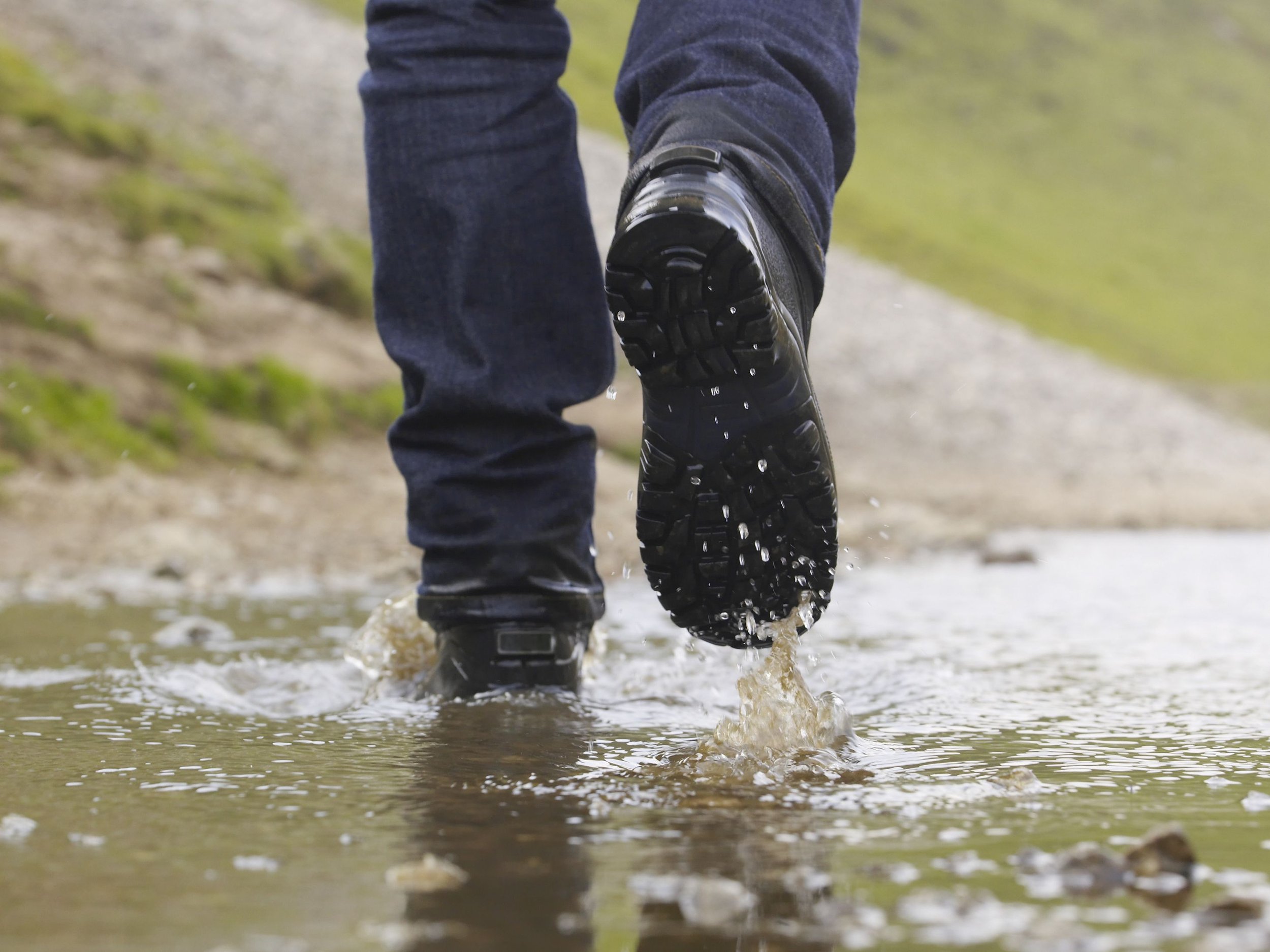A Painful Illustration of the Poverty Trap
In our country, those working hard to escape poverty face numerous financial traps most of us can’t fathom. Imagine for a moment that you accidentally parked somewhere you shouldn’t and your car is towed. What a massive inconvenience! As soon as you realize what’s happened, you find the tow company listed on the no-parking sign and give them a call. They tell you it will cost you $250 to redeem your car from their storage lot… if you get it today. If not, they’ll add $25 per day in impound fees. You call a spouse or friend or parent to give you a ride to their lot and pay the fine, angry but free to go. The entire experience set you back two hours and $250.
But now imagine you’re one of our clients trying to escape poverty. You do not have $250 today. You won’t have it till pay day at the end of the week. You also don’t have a ride to the tow lot. And to make matters worse, you don’t have a ride to work the next day. You walk to work, costing you an extra two hours. You do the same the next two days, costing an extra four. But then you get your paycheck, cash it, pay three-hours worth to get an Uber to the tow lot with your $250. But at the counter you learn that with $25 daily impound, you now owe an extra $75. You explain that you don’t have that money, but desperately need the car so you can get to work. They tell you that’s not their problem. You pay part of your $250 in savings to Uber home. You work the next two weeks to earn the required funds, walking to work each day, costing you many more lost hours. At minimum wage, two weeks at 40 hours per week earned you $580 gross. But during those two weeks of work, your car’s bill grew to $675. You are falling further behind. In other words, you will never save up enough to pay off your tow bill. Your bill will grow until the tow company eventually sends your car to auction to pay your bill. One parking mistake and your car is gone forever.
This is not hypothetical. I have seen it happen. To be perfectly honest, I don’t actually think it’s the tow companies’ fault. Sure, some of these companies (like the one alluded to above) could be much more gracious and understanding. But some are actually quite honest and fair (A-1 Towing has been incredibly kind to OnRamp clients). The fault lies not with a single company or industry, but simply with the brutal realities of our modern economy.
To put it another way, nothing is as expensive as poverty. What I mean is that those who live in poverty frequently must pay dramatically more for the same thing as those of us in the middle class. Getting towed costs me $250. It costs someone in poverty weeks of missed work, hundreds more in impound fees, and possibly the vehicle itself. Here’s another example. Thanks to my decades of stable employment, home ownership, and high credit score, my auto insurance rate is far less than the rate quoted to one of our clients of the same age and with the same driving record. That’s because insurance rates are directly proportional to one’s credit score and stable housing history. Again, it is not the fault of the insurance industry. It’s simply a reality of our modern economy. A friend of mine who’s in the insurance industry put it best, “Insurance is a tool for the middle class.” Yep. We can afford it. The rich don’t need it, generally speaking. But the poor, who need it most to protect against financial catastrophe, are priced out of the market.
This was a depressing post! But Lord-willing, it has helped open your eyes to the incredible hardships people face who are trying to escape poverty. They can work harder than any of us and still fail to rise up simply because modern economic realities are brutal to the poor. That is not a cause or excuse for hopelessness or apathy. It is instead a call for empathy and sacrifice. If you are so fortunate as to live among the middle or upper class, realize that this is a privilege that obligates you, like me, to care for those less fortunate. Let’s be ready to give them a hand up when they fall in a trap. Let’s sacrifice to help them stay on the path towards a better future.

